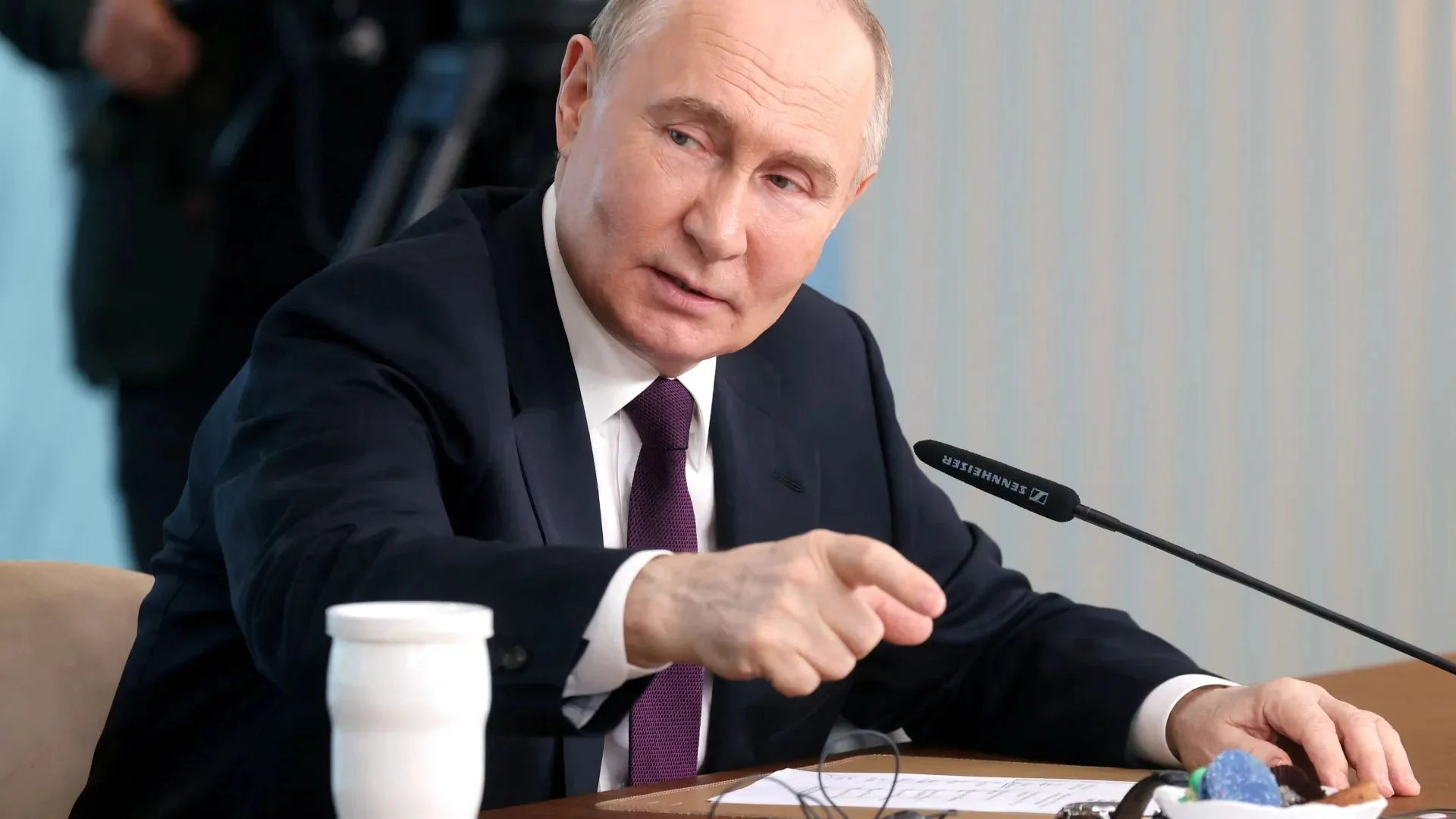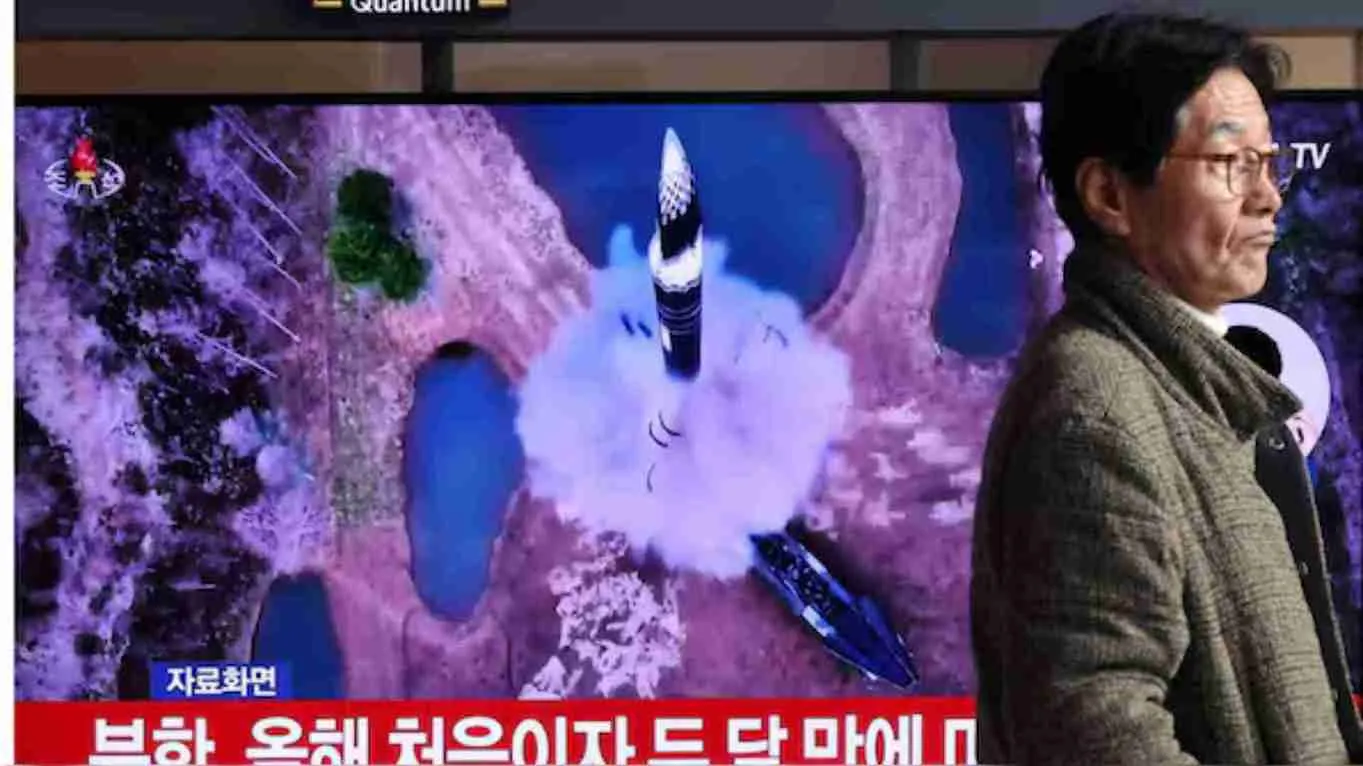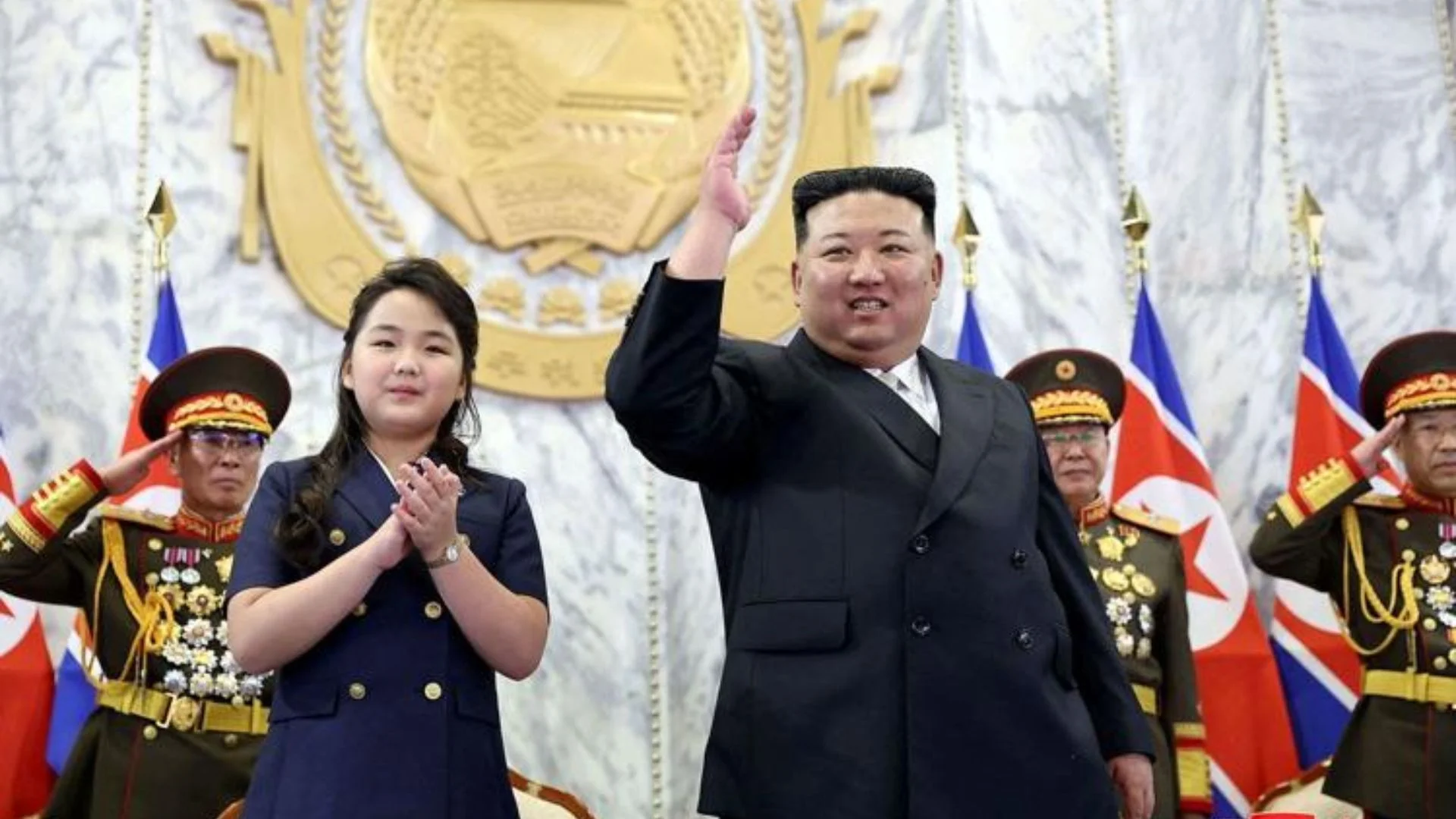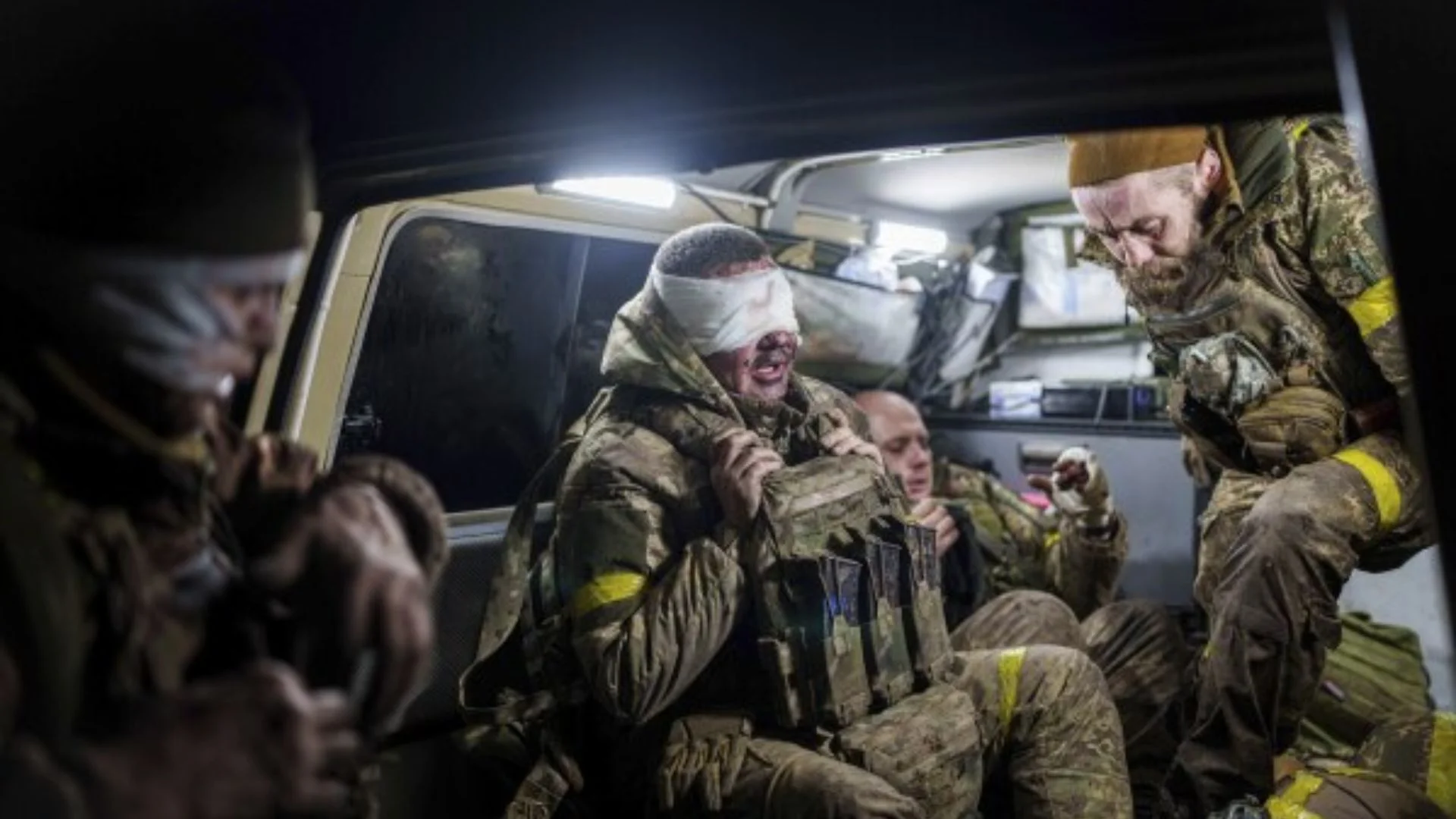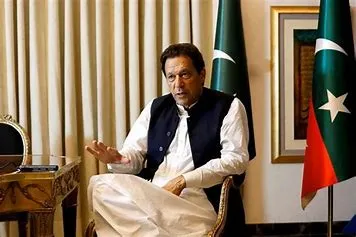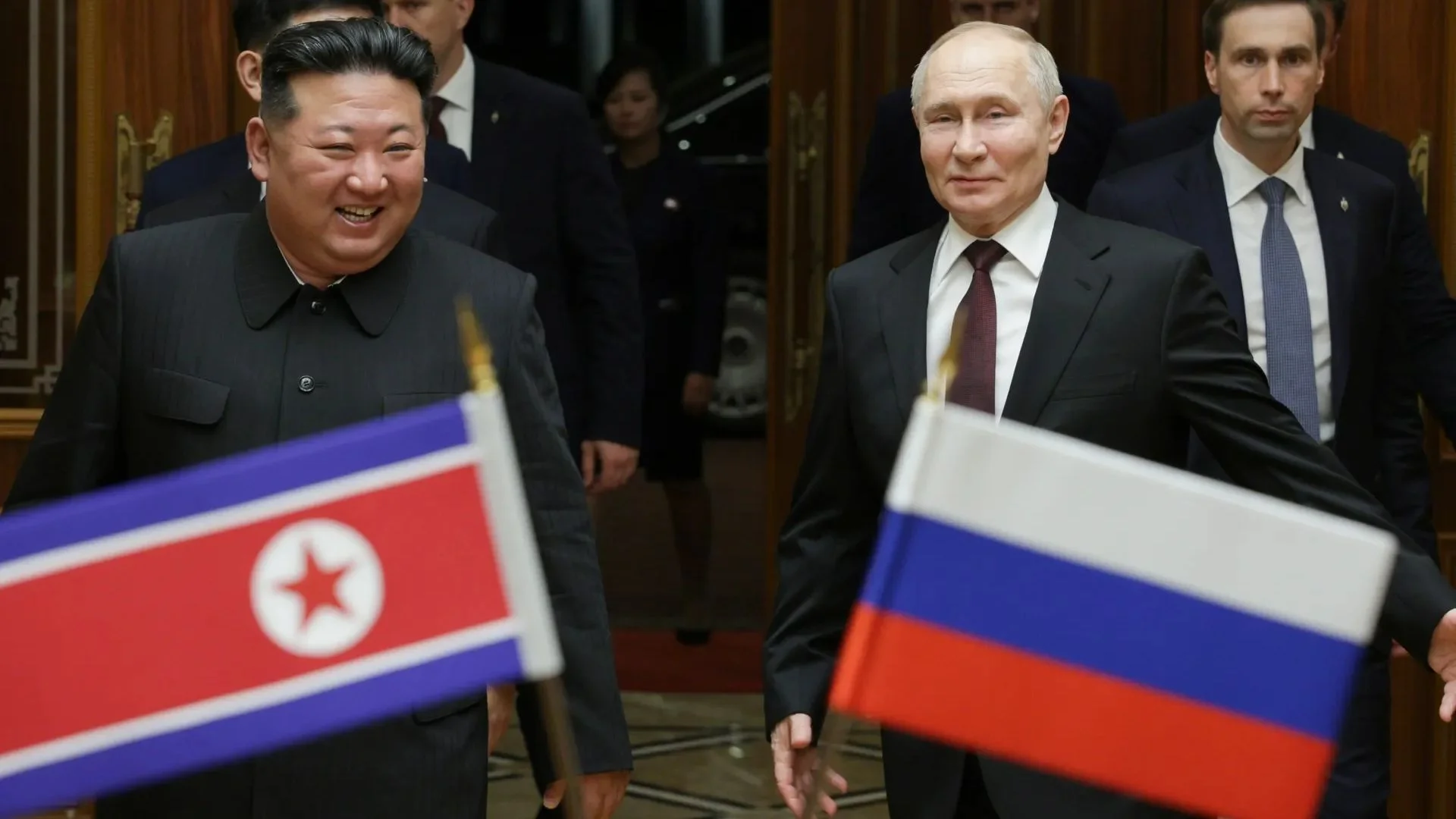Russian President Vladimir Putin issued a stark warning to the West on Wednesday, announcing that Russia could resort to using nuclear weapons if attacked with conventional missiles. Putin also stated that any assault on Russia, supported by a nuclear-armed nation, would be treated as a joint attack, signaling a shift in Russia’s nuclear doctrine.
Putin’s remarks come amid discussions in the United States and the United Kingdom about possibly allowing Ukraine to launch conventional Western missiles into Russian territory. Addressing Russia’s Security Council, the 71-year-old leader explained that the global security landscape had evolved rapidly, prompting new threats and challenges to Russia’s national security.
The most significant change Putin highlighted was the redefinition of how Russia would perceive threats. “Aggression against Russia by any non-nuclear state, but with the support or involvement of a nuclear state, will be considered a joint attack on the Russian Federation,” he emphasized.
Russia’s revised nuclear doctrine, according to Putin, would allow for the use of nuclear weapons if the country detected the launch of a significant number of missiles, aircraft, or drones against it. Furthermore, Putin underscored that Moscow retained the right to use nuclear weapons if Russia or its ally, Belarus, faced aggression, even if conventional weapons were used.
These changes reflect a broader interpretation of the conditions under which Russia would consider a nuclear strike, incorporating a wider range of threats. The inclusion of Belarus under Russia’s nuclear umbrella and the potential consideration of a nuclear-armed ally supporting a conventional strike as a nuclear threat further expands Russia’s strategic deterrence policy.
This shift in doctrine builds on Russia’s 2020 guidelines, which already allowed for nuclear responses to conventional attacks that threatened the state’s existence. The United States previously warned Russia in 2022 of severe consequences if tactical nuclear weapons were used.

